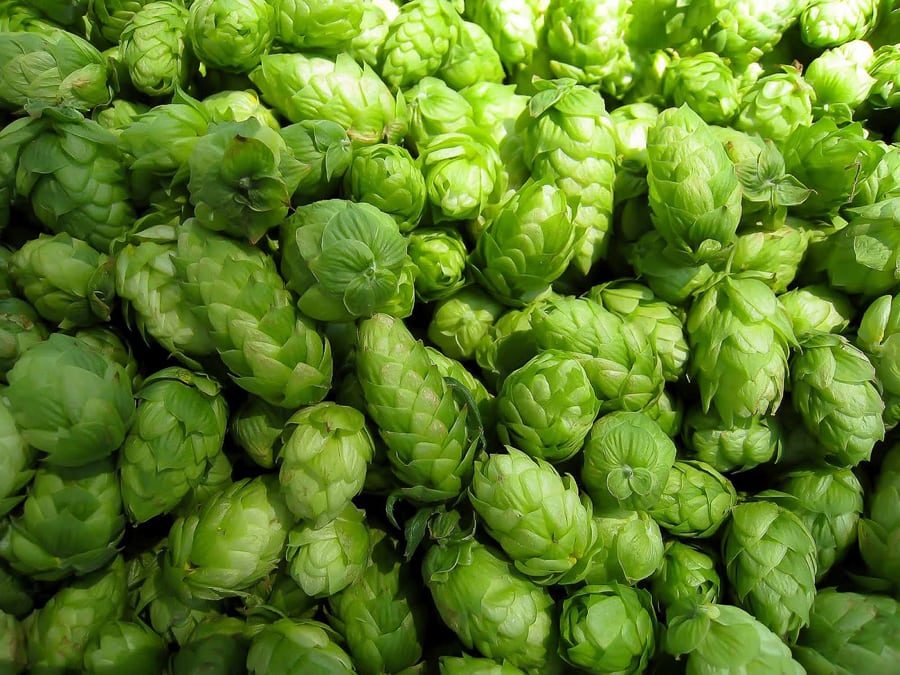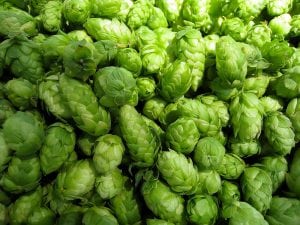
Home » Record-breaking hop harvest makes state No. 1 producer in world
Record-breaking hop harvest makes state No. 1 producer in world

December 15, 2016
Washington State University researcher Doug Walsh is toasting the state’s record-breaking hops harvest.
To quench the thirst for hop-heavy brews, crop production increased 16 percent over last year, he said. The historic leap makes Washington the world’s No. 1 producer of hops, outranking Germany.
When Walsh began field studies on the emerald-colored plant more than a decade ago, “craft beer was gaining in popularity, but I never imagined it would go chic the way it has.”
Walsh is a leading hop scientist at WSU’s Irrigated Agriculture Research and Extension Center in Prosser, overseeing research on 13 acres of the cone-shaped flowers that give beer its flavor and aroma. Harvest ended in early October.

While attending the American Hop Convention last year, Walsh said he heard the word “terroir” used for the first time in relation to hops. It is a French term used to describe the way terrain and climate influence a wine’s unique flavor and aroma.
“When I heard that, I realized how far beer has come, from standard Joe Six-pack to sophisticated,” he said.
The beverage has come so far that urbane magazines such as Food and Wine and GQ have run articles on how to pair beer with holiday dinners. “Turkey-friendly Beers” was a headline featured in Bon Appetit’s November issue.
Even President Obama loves the stuff. Brewed right there at 1600 Pennsylvania Ave. is White House Honey Ale. The ingredients were published online after 25,000 citizens signed a petition requesting the recipe.
“More and more people — particularly millennials — enjoy the wide range of flavor-packed complexity that hops contribute,” Walsh said. For them, hops are to beer what grapes are to wine, with more than 100 varieties imparting a repertoire of notes, including earthy, piney, citrusy and spicy, he explained.
Why is central Washington the epicenter of hop production? Ample warm daylight hours, cool nights and dry climate, according to hop grower and breeder Jason Perrault, whose Perrault Farms family business was launched 104 years ago in the Yakima Valley.
The state’s prolific harvest is a good thing for the consumer’s discriminating palate, since craft beer contains many more hops than traditional-style lagers, he said.
Local News
KEYWORDS december 2016 washington state university





